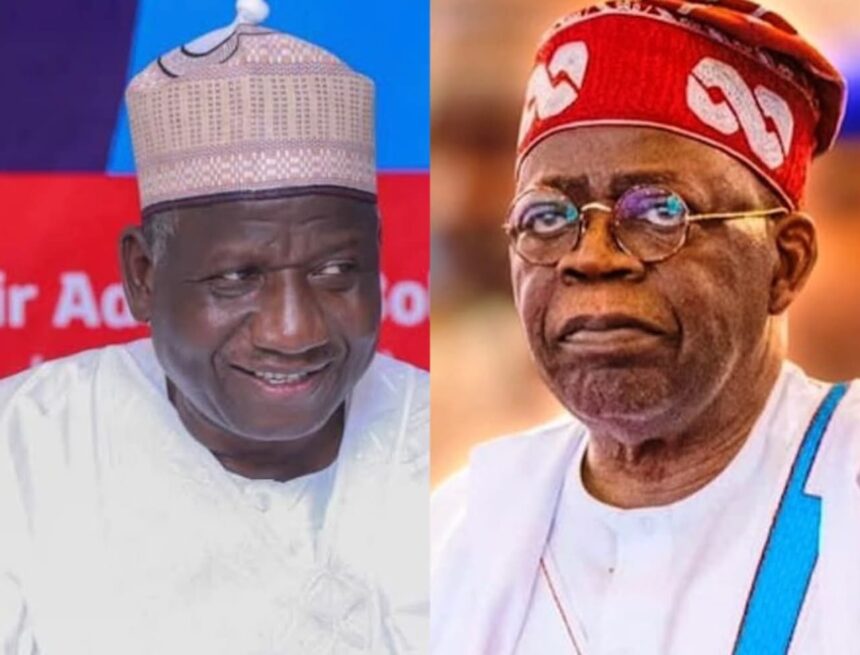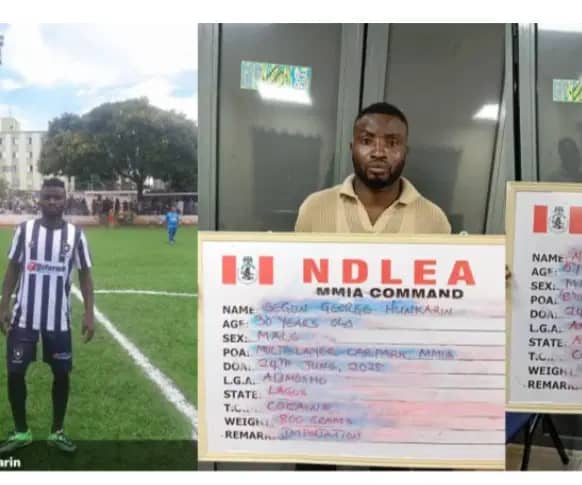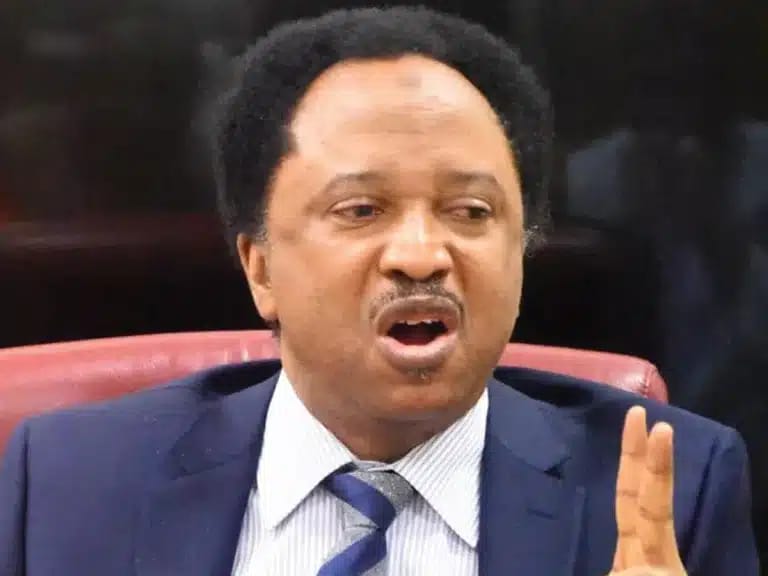A prominent Nigerian political figure has raised serious concerns over the concentration of power in the presidency regarding appointments to key institutions critical to the country’s democratic process. In a widely circulated statement on Saturday, the figure argued that for Nigeria’s democracy to become truly credible and inclusive, fundamental reforms are required in the way the heads of electoral and security institutions are selected.
He specifically criticized the current practice where the President appoints the Chairman of the Independent National Electoral Commission (INEC) as well as other top officials within the commission. According to him, this arrangement creates a perception of bias and undermines public trust in the electoral process. “It is not good for the president to appoint INEC chairman and everybody that matters in the commission,” he said, noting that such powers must be reviewed to ensure greater independence and neutrality in the conduct of elections.
The concerns extended to the security apparatus, especially the Nigerian Police Force, which plays a central role in maintaining order during elections. He questioned why the President also holds the power to appoint the Inspector General of Police (IGP), Deputy Inspectors General (DIGs), and other top-ranking officers, particularly when these security actors are directly involved in overseeing electoral activities.
He argued that the integrity of any democratic election hinges on the neutrality and professionalism of both electoral bodies and security agencies. “The most leading security agency in a democratic government is the police,” he noted, emphasizing that reforms in police appointments are necessary to minimize executive overreach and to build public confidence in the impartiality of electoral policing.
According to him, the National Assembly is fully aware of the issues at stake and has a constitutional duty to address them. “The national assembly is aware that these are the key aspects that must be changed first if we want a level-playing field for democracy to be strong in this country,” he stated. He urged lawmakers to prioritize legislation that would reform both INEC and the security architecture to allow for a more transparent and credible democratic system.
His comments reflect growing public concern over the influence of the executive branch on institutions that are meant to be independent. Civil society organizations, political observers, and international election monitors have repeatedly flagged this concentration of appointment power as a major threat to the credibility of Nigeria’s democratic process.
Many observers argue that for democracy to deepen in Nigeria, the country must move toward a system where the appointment of electoral and security officials is either depoliticized or subject to broader institutional checks. Proposals have been made in the past for the National Judicial Council, civil society representatives, or multi-party advisory bodies to play a role in vetting or confirming INEC and police appointments.
The statement also comes amid ongoing debates over electoral reforms in the country. The Electoral Act was amended in 2022, but many stakeholders believe it still falls short of addressing critical structural and institutional weaknesses that affect electoral integrity.
Furthermore, the speaker pointed to the need for a constitutional framework that limits executive influence over institutions tasked with safeguarding democratic processes. “We need to decentralize this power if we are serious about reforming the system,” he said.
While no official response has yet been issued from the presidency or INEC, the remarks have reignited discussions among political commentators, legal experts, and the general public about how best to ensure a level playing field in Nigeria’s democracy.
As the country looks ahead to future electoral cycles, pressure is expected to mount on the National Assembly to introduce and pass reforms that will enhance the credibility and independence of key institutions. Advocates for change maintain that unless the influence of the executive over INEC and security appointments is curtailed, questions around fairness and transparency will continue to cast doubt over Nigeria’s elections.





